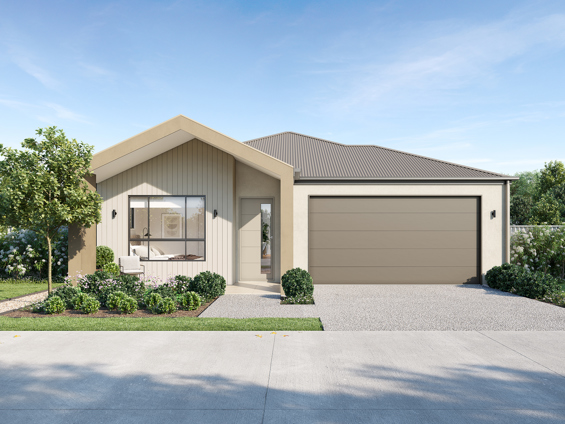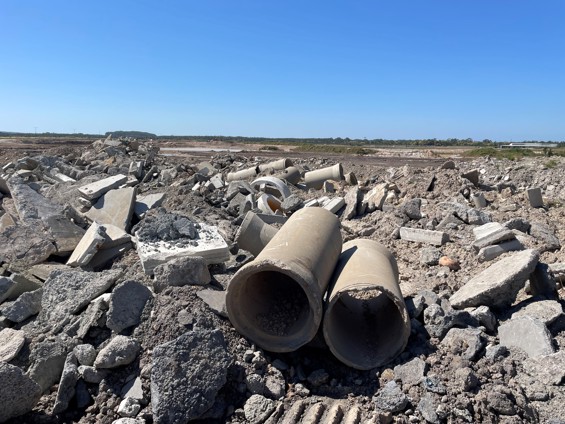Lower carbon steel drives sustainability
The built environment is a major contributor to global carbon emissions, and embodied carbon - the emissions generated from materials and construction - poses a significant and ongoing challenge for the property sector. In logistics developments, where structural steel is a fundamental material, addressing these emissions is critical for driving sustainability and meeting net-zero commitments.
Structural steel has traditionally been manufactured using blast furnaces. And while this method has been refined over centuries, it remains reliant on coal, making it a significant source of carbon emissions. Innovations in steel production are reshaping the industry.
XCarb® recycled and renewably produced steel, a next-generation steel product from ArcelorMittal, is manufactured using an electric arc furnace powered by certified renewable electricity. By using recycled steel, XCarb® provides a more sustainable alternative without compromising structural integrity.
When compared with regular blast furnace steel, XCarb® recycled and renewably produced steel delivers embodied carbon savings of around 87%.
Olivier Vassart, CEO of ArcelorMittal Steligence®, has supported Stockland on the engineering of the project.
“As a company providing material to the construction market, we have a responsibility to change the future and reduce the impact of the built environment on global carbon emissions. Properly utilising our range of XCarb low-carbon emissions steel can easily enable developers to halve the carbon footprint of a building compared with today’s benchmark.
“I am delighted with our successful collaboration with Stockland for this first landmark, which we hope will highlight the use of our low-carbon emissions steel solutions in the fast-growing Australian market,” he said.
ArcelorMittal won first place in the sustainability category in international PV magazine’s 2023 awards, with XCarb® steel recognised globally as a product which can help lead the construction industry in reducing carbon emissions.
Stockland General Manager, Strategic Supply Chain, Pete Bounsall sees an opportunity for the organisation to adopt low-carbon materials like XCarb® steel.
“As logistics developments continue to expand, adopting low-carbon materials like XCarb® recycled and renewably produced steel will allow us to reduce embodied carbon and build a more sustainable future for our industrial real estate assets.
“Our partnership allows us to optimise design and source more sustainable options. This is an important part of our approach to achieving our decarbonisation targets, and it’s the reason we’re looking at incorporating more sustainable products such as XCarb® steel across our portfolio,” he said.
XCarb® steel is being used at Stockland’s new flagship multi-storey logistics development Momenta, located in the Sydney suburb of Banksmeadow.
Having commenced construction in late 2024, Stockland’s Momenta will be much more than a two-storey logistics facility of over 15,000 square metres. The facility will embody sustainability excellence, comprising not just XCarb® steel beams, but water harvesting, solar energy, smart lighting, and biophilic landscape design.
The building is on track to achieve a 34 per cent reduction in embodied carbon, and is targeting a 5 Star rating under Green Star Buildings v1.
Related Articles











